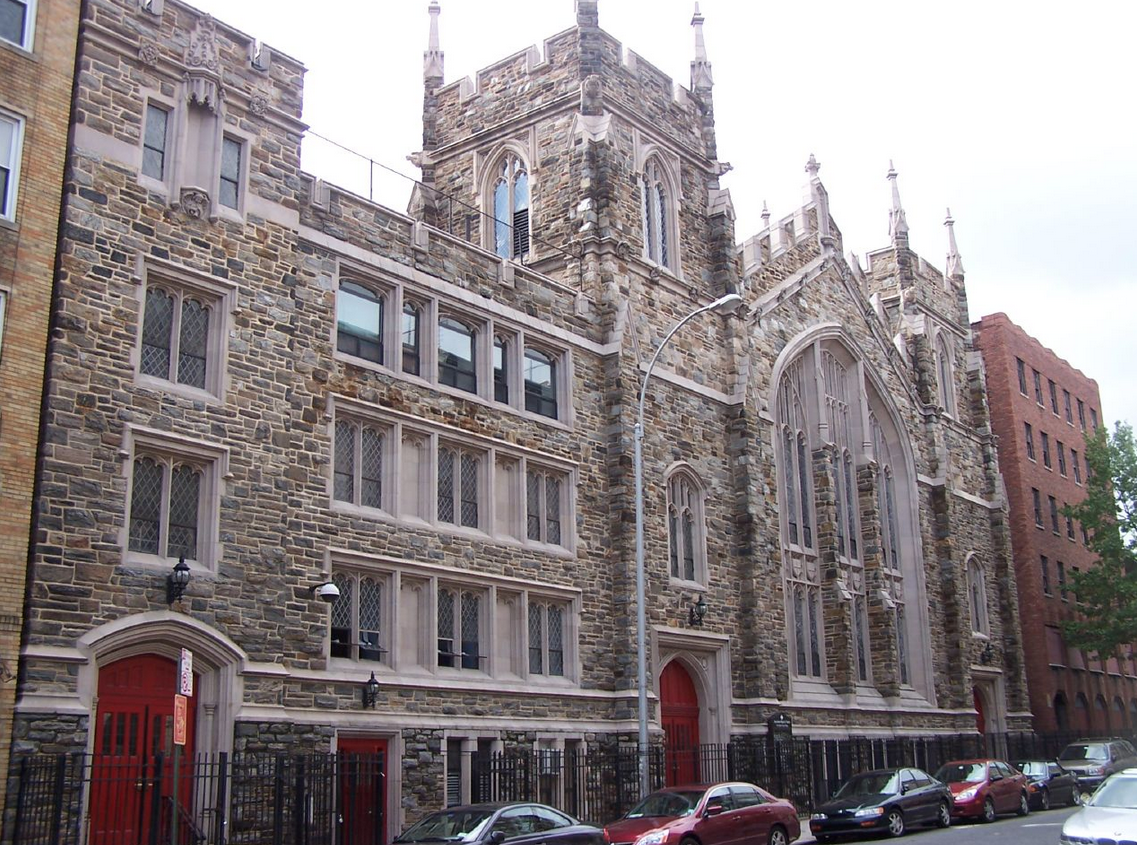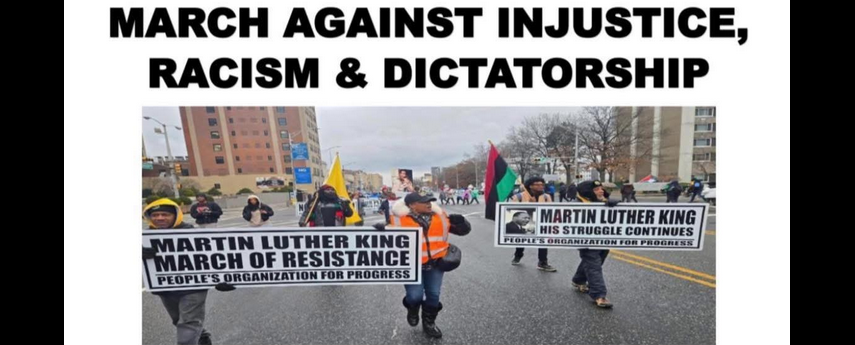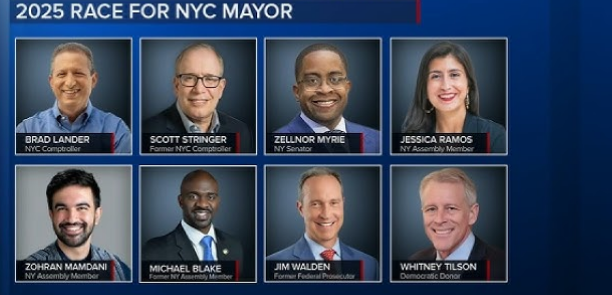[Publisher’s Commentary]
The next mayor of New York City must abandon Stop-and-Frisk-without-probable-cause which is the current NYPD regime.
Going after illegal weapons is an important strategy: But to effectively fight crime, including gun violence in Black and Latino neighborhoods, national leaders must also fight poverty and unemployment by creating jobs.
There has been more attention on gun-related violence since the massacre of 20 school children and six adults at Sandy Hook Elementary, in Connecticut; and the killing of Hadiya Pendleton in Chicago.
Increased police patrols due to the publicity temporarily reduces crime. But what happens the day after when the media attention and coverage wanes? Any long term solution, whether in Chicago or right here in New York, must deal with the critically high rates of unemployment. In the case of Black males within certain age ranges unemployment is above 20%.
All law-abiding New Yorkers welcome reduction in crime in New York City. Yet New Yorkers must also demand that any future mayor of this city –the world’s most multi-ethnic, multi-national, and multi-religious city– be a leader for all New Yorkers.
Bloomberg and Police Commissioner Ray Kelly oppose the creation of an Inspector General for the Police Department who would monitor abuse of power by the police.
Bloomberg and Kelly continue to defend the unconstitutional police tactic called Stop-and-Frisk whose ugly side is being exposed by the ongoing trial, Floyd vs. City of New York. State Senator Eric Adams told the court during his testimony that Commissioner Kelly told him that the tactic was adopted to “instill fear” in young Black males that police could search them at any time.
The searches have escalated since 2003 under Ray Kelly’s regime. About five million New Yorkers have been stopped-and-frisked in recent years.
The policy seems designed to instill fear because in 9 out of 10 cases no weapons have been found. Almost 85% of the people who have been stopped are Blacks or Latinos.
Stopping Black males even when they have not and are not committing a crime, simply because of their race is unethical and immoral form of policing. The revelation in a New York Times article that the majority (55%) of White citizens of New York this explicitly racist form of policing “acceptable” is disconcerting. But this is not surprising given the demonization of Black males in corporate media where the sins of one is attributed to all.
But if arbitrarily Stoping-and-Frisking Black people in Apartheid South Africa without probable cause was abhorrent it must also be so in New York City.
Bloomberg and Kelly argue that the majority of the crime occurs in Black neighborhoods. That the people committing the crimes are Black. Unwittingly, Bloomberg and Kelly admit that it’s okay to stop all Black males even before they’ve committed a crime in order to instill fear in them, as Kelly allegedly told Senator Adams.
What about the 9 out of 10 cases where no weapon has been found? What about interactions initiated by police that led to the killings of unarmed young Black males? Are these what Bloomberg and Kelly regard as acceptable collateral damage?
Bloomberg justifies unconstitutional policing while ignoring the correlation between poverty/ unemployment on one side and crime on the other.
When President Obama ran for re-election he was primarily judged by what he could accomplish in taming unemployment, which was at 9.1% in September 2011. Republicans in Congress blocked every jobs proposal but other measures, including the stimulus spending and payroll tax cuts, helped the economy. By September 2012 unemployment dipped to 8.1% and in October, on the eve of election, to 7.8%
Why shouldn’t Bloomberg be taken to task for his failure to improve economic conditions in the neighborhoods where he’s focused solely on harsh policing? It’s much easier to have a round-up-the “usual suspects” even-before they-become “suspects” approach to governing rather than dealing with the bitter economic realities in low-income and high-crime neighborhoods.
One June 20, 2012, The New York Times reported: “More than half of all of African-Americans and other non-Hispanic blacks in the city who were old enough to work had no job at all this year, according to an analysis of employment data compiled by the federal Labor Department. And when black New Yorkers lose their jobs, they spend a full year, on average, trying to find new jobs — far longer than New Yorkers of other races.”
In some low-income parts of Brooklyn the 2012 median household income was less than $13,000 compared to $110,982 in some high-income low-crime rate areas of Manhattan.
The Daily News reported, in a May 21, 2012 article: “FIVE OF THE city’s police precincts account for one-fourth of all shootings — which are on the rise citywide, even as murder continues to drop. A Daily News analysis of crime statistics found that gunplay is sharply segregated, with residents of East New York, Brooklyn, dodging bullets with a regularity that would be incomprehensible to upper East Siders.”
These five precincts are all in Brooklyn and in The Bronx.
New Yorkers of conscience must tell the next mayor of this city that she or he does not have the right to practice discriminatory policing.
And that governing includes addressing problems such as poverty and unemployment that are directly correlated to crime, including gun violence.






